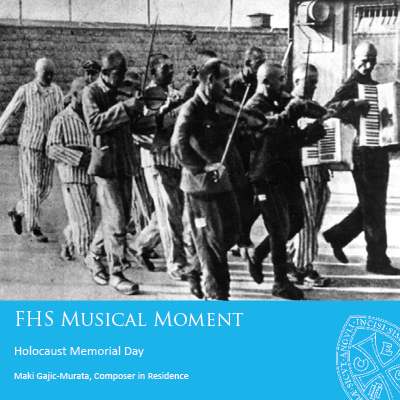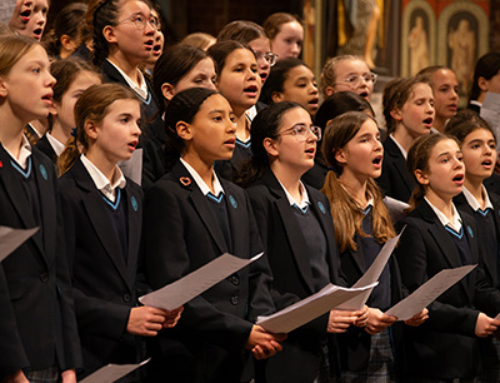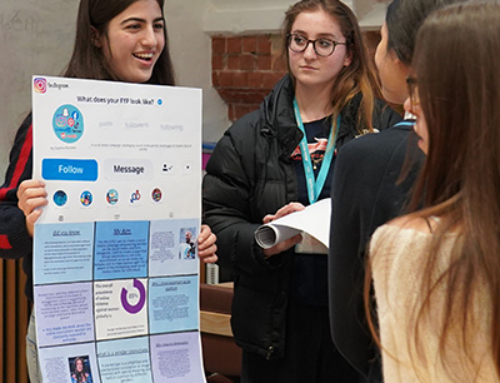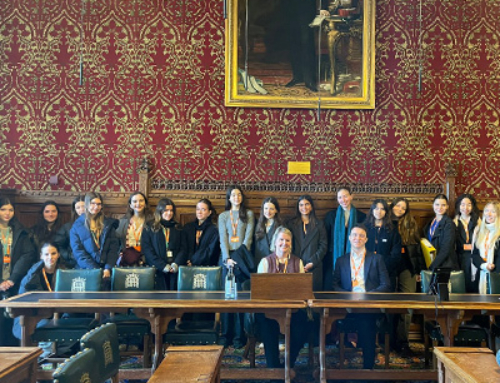27th January marks the anniversary of the liberation of Auschwitz-Birkenau, the largest Nazi death camp.
The Holocaust threatened the fabric of civilisation, and genocide must still be resisted every day. Our world often feels fragile and vulnerable and we cannot be complacent. Even in the UK, prejudice and the language of hatred must be challenged by us all.
Holocaust Memorial Day is for everyone. Each year across the UK, thousands of people come together to learn more about the past and take action to create a safer future. We know they learn more, empathise more and do more.
Together we bear witness for those who endured genocide, and honour the survivors and all those whose lives were changed beyond recognition.
The Holocaust was a terrible and defining episode of the twentieth century, which undoubtedly changed the course of history. Afterwards, the international community adopted a legal definition of the crime of ‘genocide’. They wanted to make sure that never again would the crimes of the Holocaust be allowed to happen.
However, in the years since, heart-breakingly genocide has continued to be carried out. On Holocaust Memorial Day we remember all those who were murdered or affected by the genocides in Cambodia, Rwanda, Bosnia and Darfur.
Subsequent genocides represent a failure of humanity to learn from the Holocaust and are a reminder for all of us that we must be prepared to guard against genocide happening again in the future.
Music was heard in many ghettos, concentration camps, and partisan outposts of Nazi-controlled Europe. While popular songs dating from before the war remained attractive as escapist fare, the ghetto, camp, and partisan settings also gave rise to a repertoire of new works. These included topical songs inspired by the latest gossip and news, and songs of personal expression that often concerned the loss of family and home.
Classical music—instrumental works, art songs, opera—was also produced and performed during this period, notably by prisoners at the Theresienstadt (Terezín) ghetto and transit camp in Czechoslovakia, as well as in several other ghettos and camps.
For many victims of Nazi brutality, music was an important means of preserving and asserting their humanity. Such music—particularly the topical songs—also serves as a form of historical documentation.
If you wish to listen to some music that was written in the ghettos and concentration camps, here is a link to all the pieces that were documented:
‘Even when he is silent’ by Arnesen is a gorgeous piece of choral music that was written in remembrance of the Holocaust. The work is about the glimmers of hope seen in the darkest time of life. The text was written by a Jew hiding in Cologne, Germany, during WW2, where a few short lines were found scratched onto a wall:
I believe in the sun, even when it’s not shining.
I believe in love, even when I feel it not.
I believe in God, even when He is silent.
These chilling words are accompanied by beautiful chord clusters and harmony and as the piece reaches the climax: ‘I believe in God’, it is near impossible not to have goosebumps or some sort of emotional reaction.
Take a moment this week to remember those who were discriminated against during the war and all those who suffered after, even when we said: “Never again”. Let us hope and pray for a better future where one day genocide will no longer exist, and our girls can live in a world of peace.














